Protests have erupted and turned into riots in cities across France after 17-year-old Algerian-born teenager Nahel M. was shot dead by police in Nanterre, Paris.
The protests, which have dragged on for a fifth day, turned into riots as protesters set fire to cars, set up barricades in the streets and fired fireworks at police, who responded with tear gas. The French government deployed 45,000 police and armored vehicles across the country in an effort to quell the unrest.
Reasons for the riots
On the morning of June 27, a 17-year-old French teenager of Algerian origin identified as Nahel M. was shot dead while participating in traffic and stopping his car in Nanterre.
According to the local prosecutor, Nahel had previously refused to stop his car when he was spotted driving in a bus lane. After being forced to stop, two police officers approached the car. According to videos shared online, the two officers leaned against the driver's side window and as the car sped away, one officer opened fire, shooting through the driver's side window at close range. Nahel died at the scene from a bullet that penetrated his left arm and chest.
 |
| Nahel's mother wears a white T-shirt with the words "Justice for Nahel" and the date Nahel was shot June 27, 2023. Photo: Getty Images |
The police officer who shot Nahel has been formally investigated for attempted murder and is in custody, prosecutors said. The officer also admitted firing the fatal shot and said he wanted to stop a car chase because he feared for his own safety and the safety of others because the 17-year-old had broken traffic laws.
Thousands of people marched in memory of Nahel in the streets of Nanterre to protest the shooting. The marchers included the 17-year-old’s mother, who wore a white T-shirt with the words “Justice for Nahel” and the date Nahel was shot, June 27, 2023. Protests also broke out outside police headquarters in Nanterre and more than 10 other French cities.
The reason for the outbreak of violence is that the images from the scene of the police shooting of Nahel have stirred and intensified long-simmering tensions between the police and young people in disadvantaged neighborhoods. In addition to rekindling tensions between the youth and the police in Nanterre, the shooting has also inflamed long-standing tensions caused by police violence and systemic racism in law enforcement. Protesters are demanding changes to the police force, renewing demands for police reform that had gained some momentum after the Black Lives Matter movement erupted following the death of George Floyd in Minnesota, USA.
The shooting in Nanterre also revived painful memories of the 2005 riots in France that erupted after two young men were electrocuted at a power substation while fleeing police. The protests then lasted for three weeks and forced President Jacques Chirac to declare a state of emergency.
Government response
President Emmanuel Macron told reporters in Marseille: “Nothing can justify the death of such a young person,” calling the shooting “inexcusable and unforgivable.” Mr Macron’s government has also deployed 45,000 police and armoured vehicles in an effort to stem the escalating violence. However, Mr Macron has rejected calls for a state of emergency.
 |
| A car burned during riots in France. Photo: Getty Images |
While President Emmanuel Macron delayed declaring a state of emergency, Interior Minister Gérald Darmanin ordered all public bus and tram services to be shut down after 9 p.m. nationwide from Friday (June 30). Authorities in several cities also canceled large-scale events that had been planned, including concerts at the Stade de France. Mr. Macron also urged parents to keep teenagers off the streets and said social media had played a “significant role” in inciting riots. He singled out Snapchat and TikTok as platforms being used to organize riots and cause unrest, acting as conduits for violent protesters. Cities and regions across the country have also stepped up preparations for further protests.
More than 2,000 cars were burned and more than 500 buildings were damaged; many shops were looted and clashes occurred between protesters and riot police in dozens of cities across France. According to the French Interior Ministry , riots from Friday night (June 30) until early this week forced police to arrest about 2,800 people, of which 1,300 were arrested on Friday night alone; more than 200 police officers were injured. Not stopping there, the wave of protests in France has spread to Switzerland with protests in Lausanne after some calls on social media. So far, 7 people have been arrested in Lausanne in connection with the riots.
In a related development, Nadia (Nahel’s grandmother) called for calm in a phone interview with BFM television, saying that the riot organizers were using Nahel’s death as “an excuse”. She said: “Stop and stop rioting. I want to tell the young people who are rioting this: Don’t smash shops, don’t attack schools or burn buses. Stop! Your mothers are on the buses and in the streets.”
HUU DUONG (synthesis)
Source


![[Photo] Bustling Mid-Autumn Festival at the Museum of Ethnology](https://vphoto.vietnam.vn/thumb/1200x675/vietnam/resource/IMAGE/2025/10/4/da8d5927734d4ca58e3eced14bc435a3)
![[Photo] General Secretary To Lam attends the 8th Congress of the Central Public Security Party Committee](https://vphoto.vietnam.vn/thumb/1200x675/vietnam/resource/IMAGE/2025/10/4/79fadf490f674dc483794f2d955f6045)

![[Photo] Solemn opening of the 8th Congress of the Central Public Security Party Committee, term 2025-2030](https://vphoto.vietnam.vn/thumb/1200x675/vietnam/resource/IMAGE/2025/10/4/f3b00fb779f44979809441a4dac5c7df)




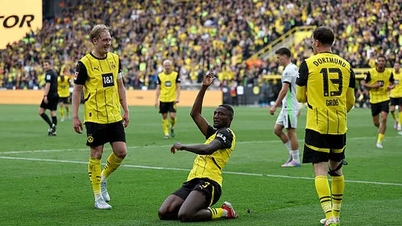


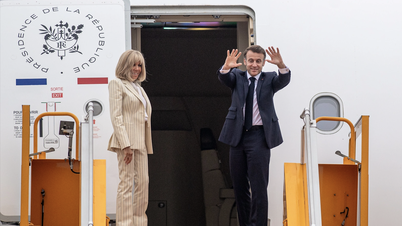

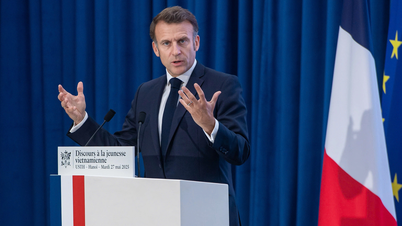



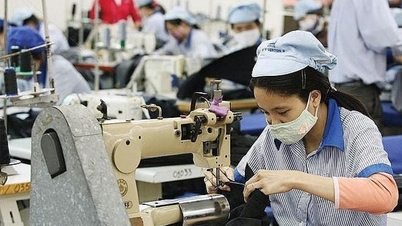


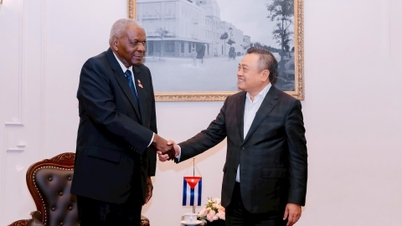
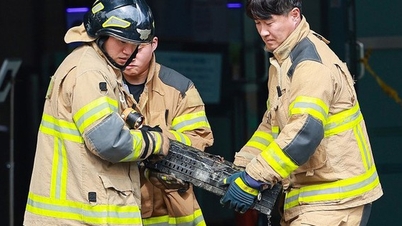

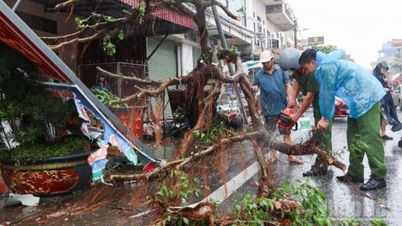






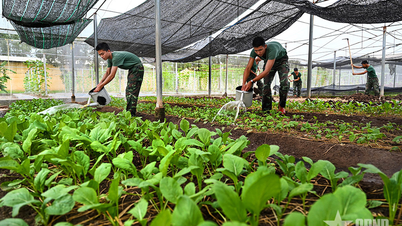
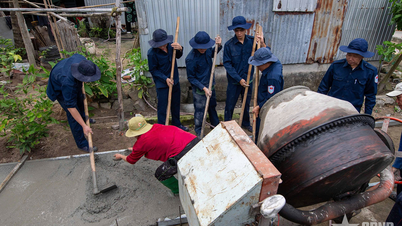





























![[VIDEO] Summary of Petrovietnam's 50th Anniversary Ceremony](https://vphoto.vietnam.vn/thumb/402x226/vietnam/resource/IMAGE/2025/10/4/abe133bdb8114793a16d4fe3e5bd0f12)
![[VIDEO] GENERAL SECRETARY TO LAM AWARDS PETROVIETNAM 8 GOLDEN WORDS: "PIONEER - EXCELLENT - SUSTAINABLE - GLOBAL"](https://vphoto.vietnam.vn/thumb/402x226/vietnam/resource/IMAGE/2025/7/23/c2fdb48863e846cfa9fb8e6ea9cf44e7)

















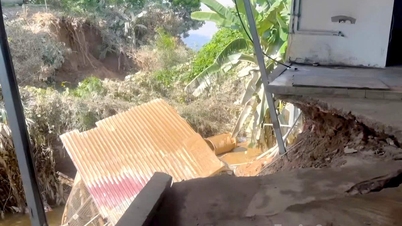












Comment (0)